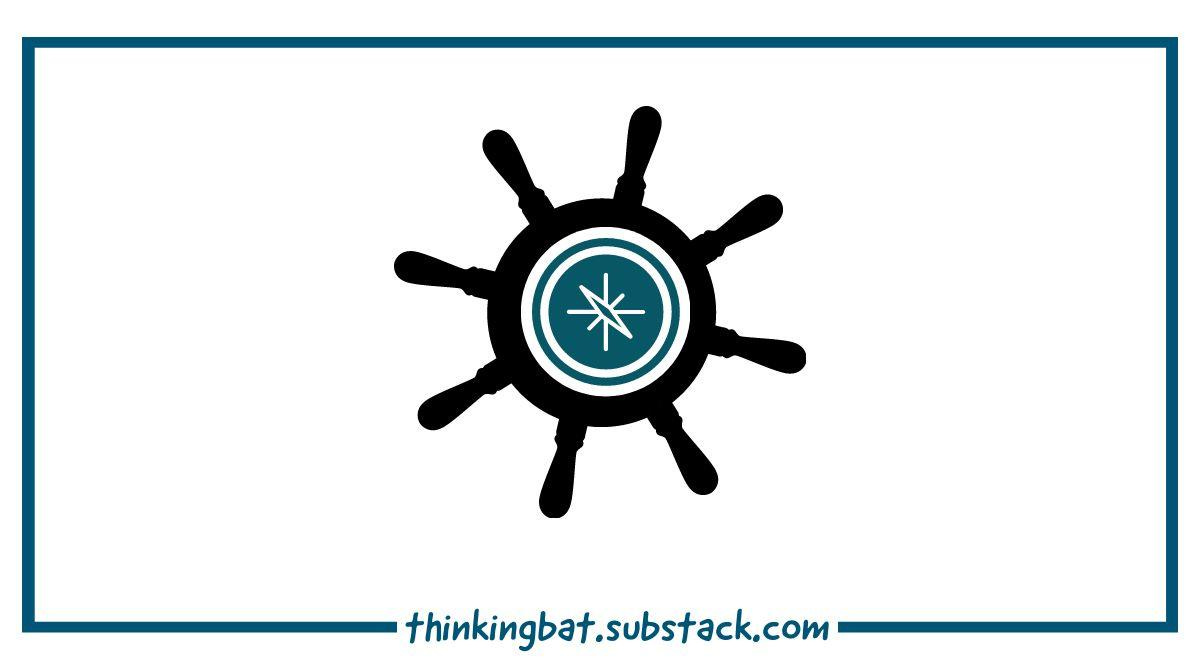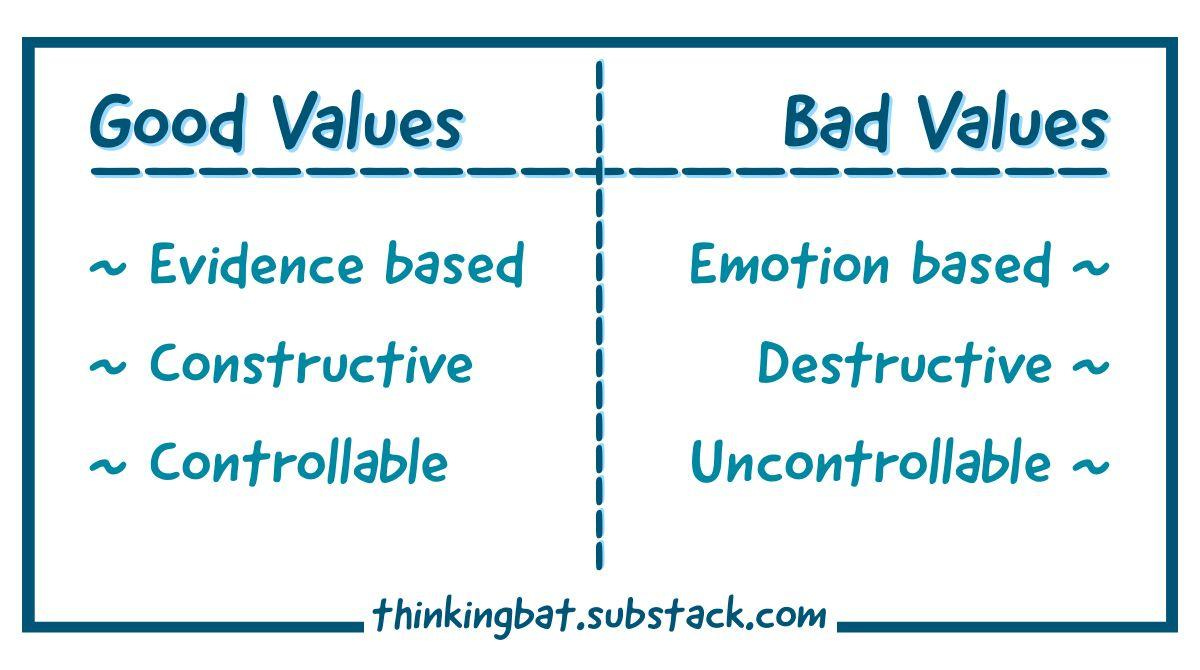Personal Rulebook
The importance of personal values in life and the distinction between Good and Bad Values.
Viktor E. Frankl, the author of ‘Man’s Search For Meaning’—one of the most thought-provoking pieces of literature—was also a holocaust survivor during the 2nd World War. Over the course of three years, Frankl was moved between four concentration camps, including Auschwitz where his brother died and his mother was killed.
Viktor could have avoided these miserable experiences, all of them. Just when Hitler occupied Austria, he had an opportunity to leave his country. Viktor received an invitation to go to the American Consulate in Vienna to pick up his immigration Visa.
His old parents were overjoyed by this news, they were happy that soon their son would be able to leave Austria. But he didn’t. He refused to leave his parents alone to face their fate, to be sent sooner or later, to a concentration camp, or even to a so-called extermination camp.
A value-driven decision like this may sound unreasonable to a few rational readers. The day I read Frankl’s story I felt the same.
Yet you cannot ignore the fact that Viktor considered those three years the most meaningful and enlightening time of his life. One that made him write history’s most influential survival literature on existentialism. 'Man’s Search For Meaning' is a global bestseller with almost 12 million copies sold. Among the dozens of books he authored, this particular book—where he talks about his days in the Nazi concentration camps—received more praise and recognition than any of his work.
Values as Compass of Life
I have a habit of associating my ideas with objects. The reason I consider personal values as the compass for living a satisfying life is that when all rationality falls off, in the face of dilemma, values help you navigate out of chaos via the most meaningful decision.
Values are universally applicable decision-making tools that help us navigate through life in the most meaningful ways. They are situation independent rules that help you make significant and efficient decisions.
If you remove the moral horrors from Hitler, on paper, is one of the most successful people in history of this planet. He went from being a broke, failed artist, to commandeering an entire country and the most stalwart military in the world in a matter of two decades. He mobilized and inspired millions. He was tireless and sharp and intensely focused on his goals. He arguably influenced world history as much as anyone who has ever lived.
But all of that work went toward demented, destructive aims. And tens of millions of people died horrifically due to his twisted, misguided values.
Therefore, you cannot talk about self-improvement without also talking about values. It’s not simply enough to “grow” and “be a better person”. You must define what a better person is. You must decide in which direction you want to grow.
Values and Freedom
Usually, I live my day according to my to-do list. I measure my time, journaling what I did when I did, and for how much time. That may reflect me as a boring person but trust me, I’m not. I enjoy my day just like anybody.
Yet I felt that my habit of time management is restricting me as a slave of my daily tasks. So, I decided to take a break on a Sunday, thinking that it may make me feel more liberated. Theoretically, it makes sense but practically, it failed.
That’s when I realised— True freedom is to live by your own rules; Slavery is to live by the rules someone else created for you, and misery is to live by no rules at all. And then, I decided to write this article, because even though values may appear as restrictions, they actually liberate you.
Good Values and Bad Values
Emotions based values are inspired by feelings and our feelings are generally self-centered. We are constantly chasing means to instant gratification. Which is why emotion-based values are warped and delusional.
The major difference between Constructive and Destructive Values is that the former is intentionally good and the latter isn’t.
If you’re learning how to make autonomous vehicles in ISIS camps then that’s a Destructive Value, on the other hand, if you’re doing the same thing in a Google lab then that’s a Constructive Value
Value things that you can control, not those who get influenced by the social and political factors. For instance, money is an uncontrollable value. Yes, you do control how much money you make but economies collapse, companies get bankrupt. So, you have a little control over it. Whereas a value like honesty is controllable because you can decide whether stay honest in a situation or not.
Some Good Controllable Values:
Honesty
Building something new
Vulnerability
Standing up for oneself
Standing up for people you care about
Self-respect
Curiosity
Charity
Humility
These are just a few examples among the thousand other personal values you can have in your life. You should always test your values, and if a certain value fails continuously over a period of time, drop it.
Remember, when you value something you essentially give your life to that thing. Chose your values and prioritise them, create a rulebook for yourself. Your personal constitution.




